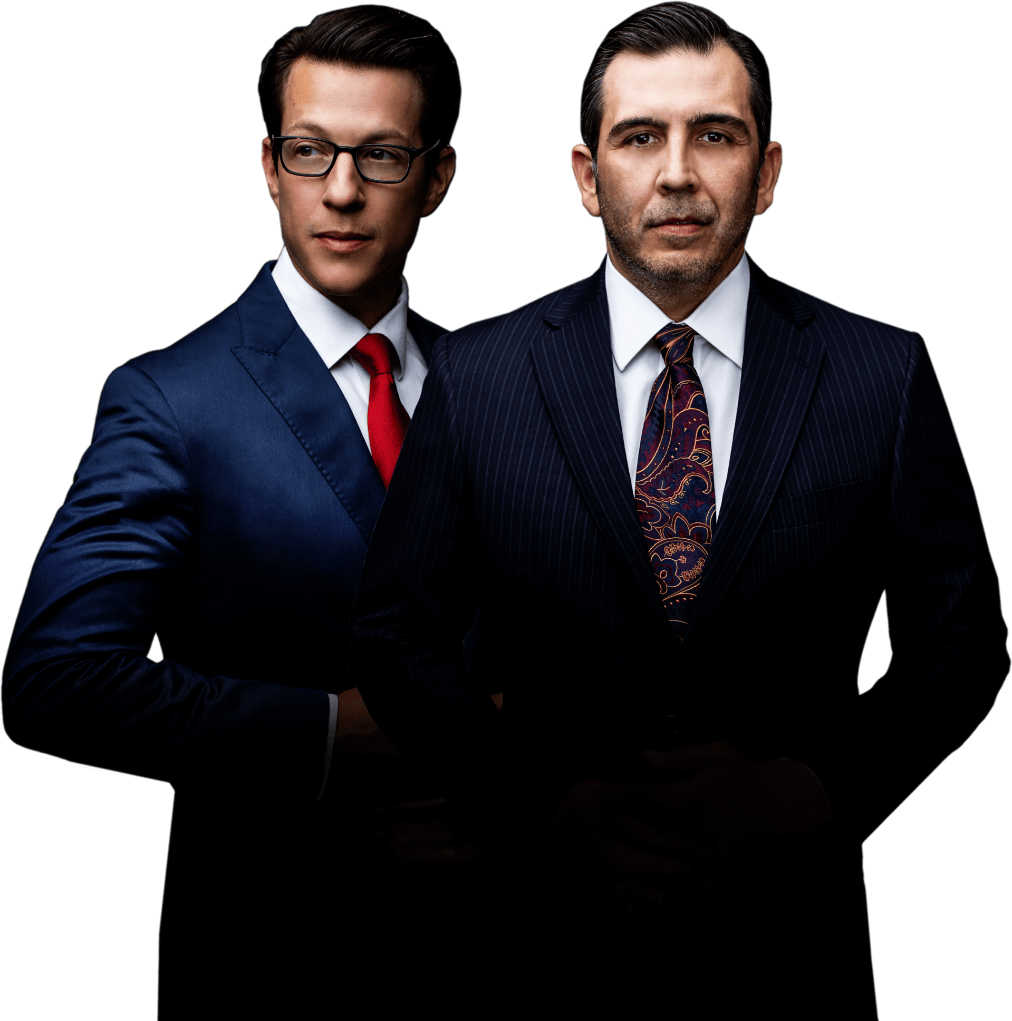If you are a frequent user of social media, it is important to realize how your online activity could negatively impact your personal injury case in San Antonio. In general, it is recommended that claimants stay off social media for the entirety of the legal process to avoid doing something that could unintentionally hurt the claim.
Can Insurance Companies Access My Social Media?
Yes, insurance companies can and do look at the social media profiles of claimants. Privacy settings do not matter. If an insurance company believes there could be evidence relevant to your case on your social media profiles, it can receive permission from the courts to access your social media accounts, including private messages.
A judge will admit social media content as evidence during a personal injury matter if it is relevant to the facts of the case. If the defendant can prove that the information on one of your profiles affects the case, it can potentially be used against you.
Social Media Activity to Avoid During a Personal Injury Case
To be safe, you should deactivate your social media accounts or not use them at all for the duration of an open personal injury case. If you do use them, you should not post any content, send messages, or comment on other people’s profiles. All of your social media activity can be monitored.
General social media tips during a San Antonio accident case include:
- Don’t talk about the accident or injury. While it may be tempting to tell people about your accident right away, avoid posting details on social media. If what you say does not line up with statements you give to the insurance company later, this can be used to paint you as an unreliable witness.
- Don’t post photos. Pictures of you out with friends, spending time with family or traveling could undermine a pain and suffering damage claim. The insurance company could potentially use this to argue that you are not experiencing any pain or suffering from the accident, and that your injuries have not stopped you from enjoying life.
- Don’t tag your location. Tagging your location or letting others tag you in their posts on social media could provide evidence in favor of the defendant. They could use this to demonstrate that you are still active and engaging in regular activities. This can hurt your chances of recovering damages for a disability or “lost enjoyment of life.”
Seemingly harmless actions on sites such as TikTok, Instagram, and Facebook could be submitted as evidence against you during a personal injury case. The best way to protect yourself is by discontinuing use completely until your case is resolved.
How to Protect Your Texas Personal Injury Case
Posting anything about your accident, injuries, medical care, recovery journey, or legal case can provide the other side with evidence to undermine you. Even social media activity that seems unrelated to your case could be misinterpreted and used against you. It is recommended by personal injury attorneys to avoid all forms of social media activity while a personal injury case is ongoing. This includes posts, likes, photos, tags, videos, and comments.
Keep in mind that changing your privacy settings or creating new accounts under other names is not sufficient. Insurance companies can gain access to your cell phone records and social media content regardless. The only effective safeguard is abstaining from social media.
If you wish to protect yourself from making mistakes that could hurt your case, hire a drunk driving accident attorney in San Antonio to represent you. Your attorney will work relentlessly to preserve your rights and advocate for your best interests. For more information about social media use during a claim, contact Gonzalez Druker Law Firm for a free consultation.
